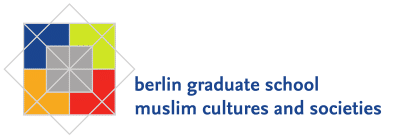Anitha Tingira

Institut für Sozial- und Kulturanthropologie
Assoziiertes Mitglied der Arbeitsstelle Medical Anthropology I Global Health
Lecturer at the Department of Sociology and Anthropology, University of Dar es Salaam
Doctoral Research: "Provision and Utilization of Maternal Health Services in Lalta Ward, Tanzania: Women's and Health Workers' Experiences" (completed in 2021)
Abstract:
Tanzania is one of the top 11 countries with life time risks of maternal deaths with rural areas affected most. Universal provision of maternal health services is one of the major efforts initiated by public health programs to curb the problem. Currently, antenatal care coverage is 97%. However, while the number of women making one visit for antenatal care has increased, the number of women making four recommended visits for the same purpose has declined from 62% in 2004 to 43% in 2010 (TDHS 2010). Above that, home deliveries have persisted; 48% of births are delivered at home and only 32% (TDHS 2010) of the pregnant women seek antenatal care despite availability of the services.
A literature review has revealed that little attention has been paid to the way in which health care availability and delivery correlate with utilization patterns. In particular, more research is needed on the interactions and experiences of individual women and men within the clinical setting and utilization of pre- and postnatal care. This study seeks to explore motivating factors influencing use and non use of maternal health services among the Sandawe of Kondoa district during pregnancy, delivery and soon after delivery. Theoretical frameworks draw on different theoretical orientations (values and institutions; structuration; the power of agency and Critical Medical Anthropology) to guide the study. Ethnographic research methodology will be used to understand experiences and practices surrounding maternal health care delivery and utilization. The narrative analysis model seeks to validate results by using information from participants for the analysis of the collected data.
Funding: DAAD
PhD supervisor: Prof. Dr. Hansjörg Dilger


